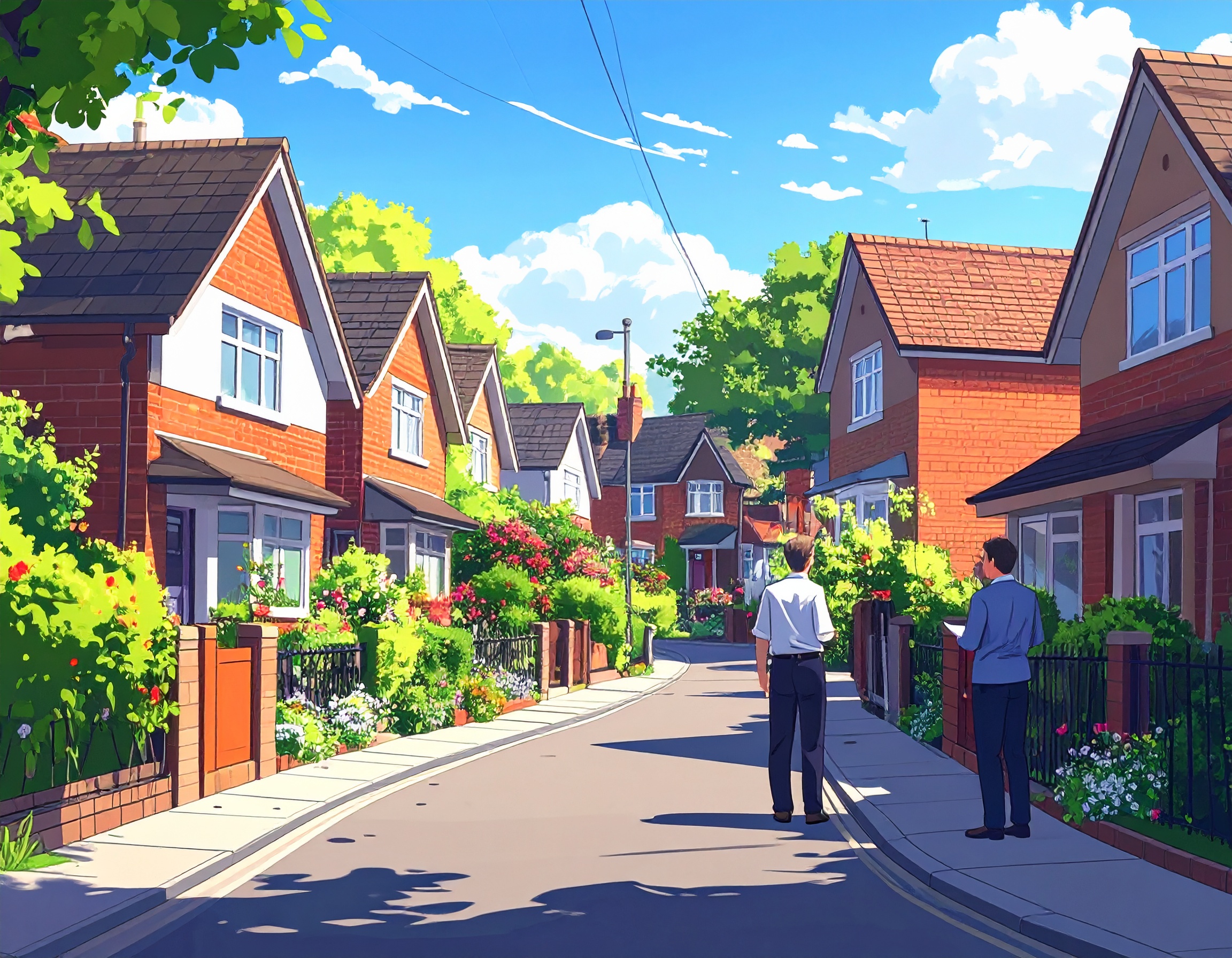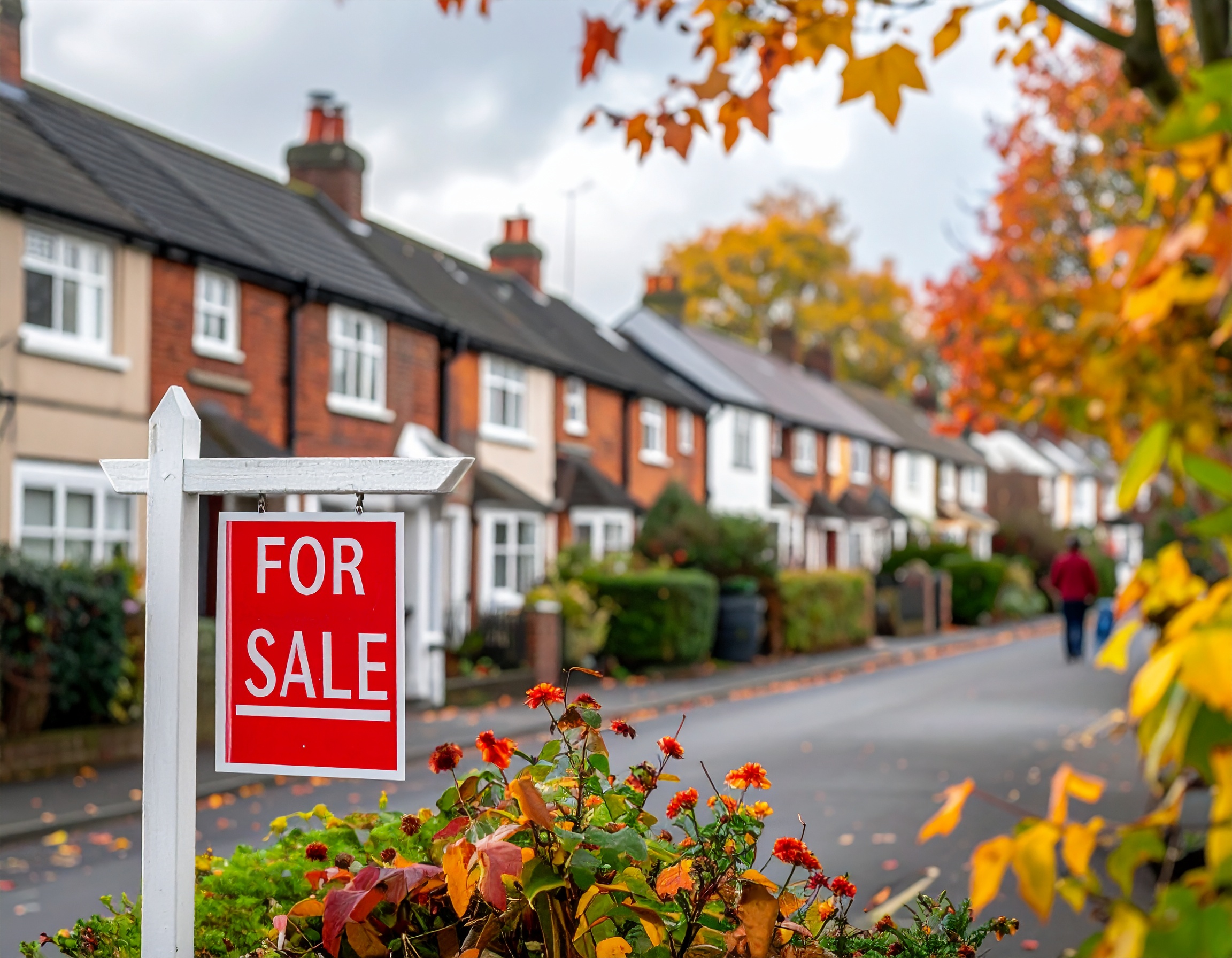Green Party Housing Policy Sparks Debate: Landlord Acknowledges ‘Merits’ but Timeline Long

The Green Party’s recent policy to phase out private letting has sparked discussion across the UK housing sector, with landlords and policymakers weighing in on its feasibility and potential impact. While some see it as an ambitious vision for social housing, industry voices caution that implementation will take time.
The policy, officially adopted at the Green Party conference in October 2025, aims for the “effective abolition of private landlordism” and a substantial expansion of council housing. Alex Mace, Green councillor for Worcester City Council and co-sponsor of the motion, clarified that the intention is not to eliminate all landlords immediately but to drastically reduce the proportion of privately rented homes over time.
John Kane, a private landlord with a portfolio of properties across Redditch and the Midlands, acknowledged the merits of the policy but questioned its immediate practicality. Speaking on BBC Politics Midlands, Mr Kane said:
“I think the policy has a lot of merits, and it would be an ideal world for people to own their homes. But it’s going to be a very long time before we’re in that position, and there will still be a need for private landlords for some time yet.”
The Greens’ strategy to expand social housing involves multiple measures, including ending the Right to Buy scheme, restricting buy-to-let mortgages, and providing funding for councils to acquire existing homes. Councillor Mace explained that the funding model would mirror current landlord financing, with rent payments flowing directly to councils rather than to private investors.
“Rather than going to landlords and being paid back in tax, the entire rent goes back to the council,” he said, emphasizing that the policy is designed to enhance tenant security and availability of affordable homes.
According to the latest government statistics, privately rented properties account for 19% of households in England and 17% in Wales, making the sector the second-largest form of housing in the UK. Kane, who houses several dozen tenants, highlighted that most private landlords are small-scale operators running a few properties as part of their retirement planning.
Councillor Mace reassured that under the Green Party plan, landlords would be compensated for their investments if they sold properties, and tenants could remain in their homes. He added that, should the Greens win the 2029 general election, it would take multiple parliamentary terms to achieve the targeted reduction in private landlords.
“The policy isn’t intending to deprive landlords of their investments,” Mace said. “When they sell their houses, they will still get their money back, while the waiting times for council housing should be significantly reduced.”
Experts note that the Green Party housing policy could reshape the UK rental market over the next decade, particularly in urban areas with high private rental demand. While some landlords express concern over long-term uncertainty, advocates argue that the plan could increase tenant security, provide more affordable housing, and ensure rent payments contribute to public, rather than private, investment.
The conversation between landlords and the Greens underscores the challenges of balancing social housing expansionwith existing private rental markets. As debate continues, the policy represents a bold vision for transforming the UK’s housing landscape over the next decade.

